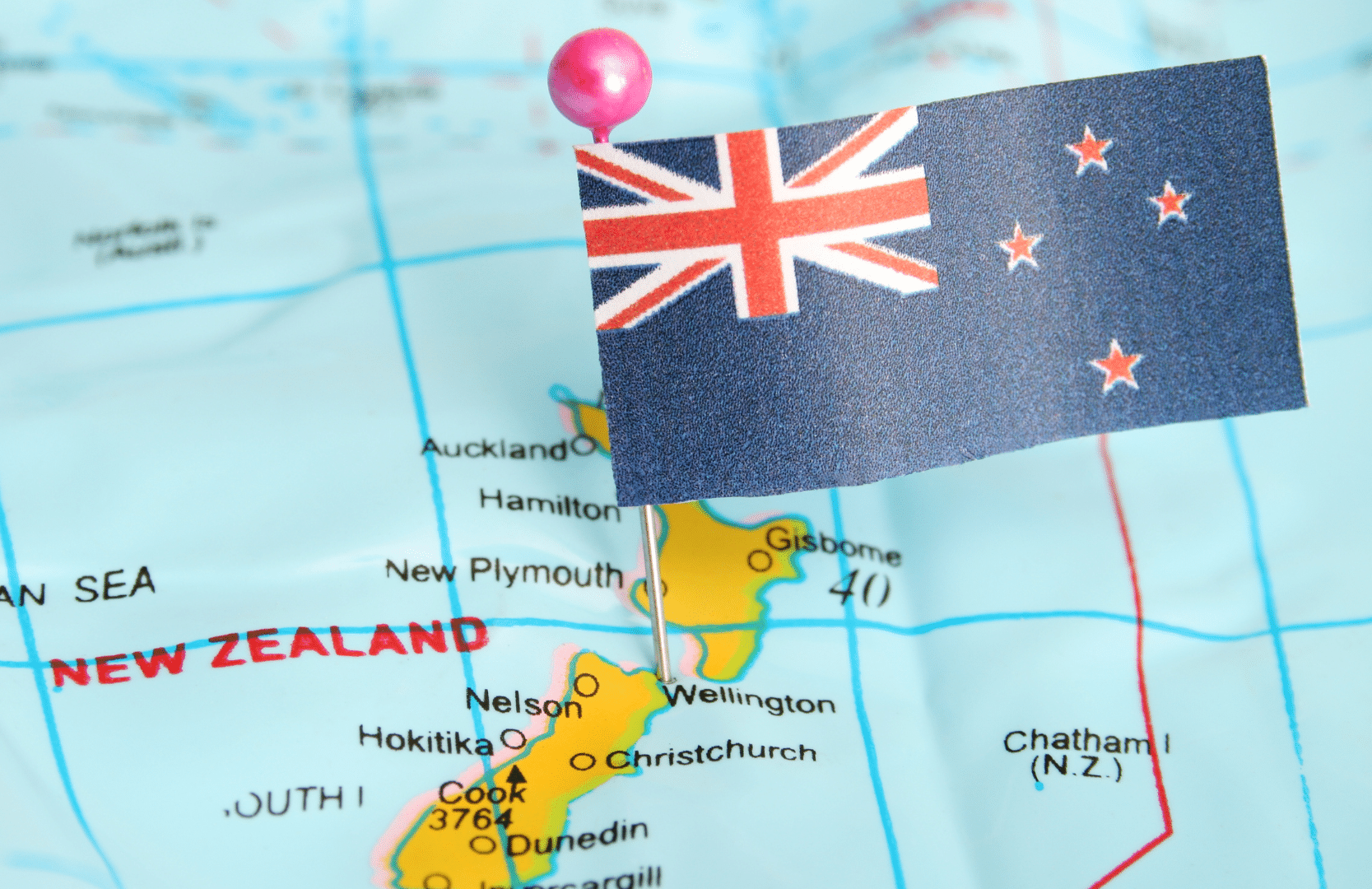New Zealand cuts rates for first time in four years

New Zealand’s central bank cut interest rates Wednesday for the first time in four years as worldwide efforts to rein in inflation draw to an end, though officials offered a warning about the global economic outlook.
The Reserve Bank of New Zealand announced a 25-basis-point reduction in borrowing costs to 5.25 percent — the first such move since the start of the Covid-19 pandemic in early 2020.
Like many countries, New Zealand has steadily raised rates to try to tame soaring consumer prices caused by a range of factors including snarled global supply chains and burst of post-pandemic demand.
READ: Mexico’s central bank clocks rise in inflation and cuts interest rates
But the bank on Wednesday said inflation was now “returning to within” its target band of 1.0-3.0 percent and signalled further cuts to come.
Article continues after this advertisementOutside China and Latin America, policymakers have been wary of cutting rates too far, too fast, fearing cheaper borrowing could rekindle inflation that has pummelled consumers and stalled economies.
Article continues after this advertisementThe European Central Bank announced a 25-point cut in June, but the Federal Reserve has so far held off, indicating it will move next month.
Lower rates make it cheaper for individuals and companies to borrow, lowering mortgage costs and making it more attractive for firms to make investments that stoke economic growth.
But the bank gave a cautious view about the global economy.
“Economic growth remains below trend and inflation is declining across advanced economies,” the RBNZ said in Wednesday’s announcement.
“The weakening in domestic economic activity… has become more pronounced and broad-based,” it warned.
“Global growth remains below trend across advanced economies. Growth in China has been softer than expected, due to a depressed property market and weak consumer demand.”